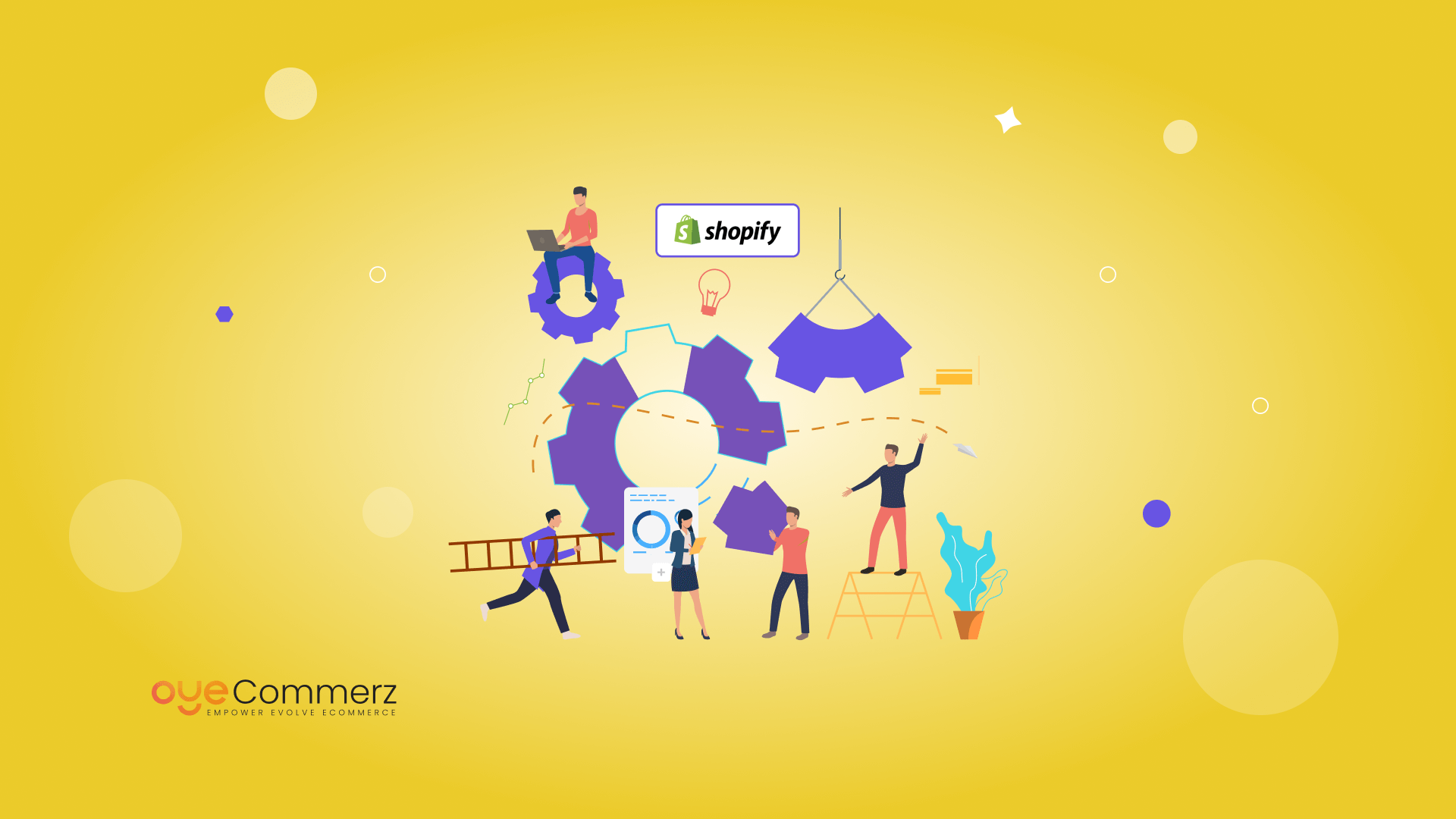Introduction
In the current cutthroat e-commerce landscape, differentiating is essential, and one of the best ways to set apart a Shopify store is through tailored app development. A well-built Shopify app can enhance store capabilities, streamline operations, and boost customer engagement. This article explores key elements of Shopify app development, covering API integration and app ecosystem to scaling strategies and promotion methods, offering a roadmap for businesses looking for superior store performance.
Why Shopify API Integration Matters
Shopify’s API offers robust tools to personalize and extend store capabilities. With GraphQL and REST APIs, developers can access data to create apps that manage inventory control, order processing, and customer data management seamlessly. Using Shopify’s API can lead to better workflow automation and enables stores to serve customers more effectively.
Utilizing the Polaris Design System
Polaris is Shopify's set of design guidelines for creating user-friendly and accessible Shopify apps. By adhering to Polaris guidelines, developers guarantee that apps seamlessly integrate within the Shopify Admin experience. This provides a cohesive look and feel that resonates with Shopify merchants, encouraging usability and familiarity for merchants utilizing your tailored app.
Navigating the Shopify App Ecosystem
The Shopify app ecosystem offers endless possibilities for improving e-commerce sites. From managing fulfillment processes to boosting customer interaction, apps in this ecosystem are tailored to meet diverse business needs. Learning about this ecosystem assists developers in finding unique app opportunities and enables smooth connections of external tools that add value to the store.
Building Embedded Shopify Apps
Embedded apps work seamlessly within the Shopify Admin, providing a smooth interface for merchants. They ensure that merchants don’t have to leave their Shopify control panel, streamlining their workflow. Employing Shopify App Bridge and embedded app features is a best practice for offering a unified, integrated user experience.
Using Node.js and React for Shopify Apps
The technologies Node.js and React have become top options for Shopify app development. This server-side framework enables high-performance back-end services, while React allows for interactive and adaptive front-end user interfaces. Combined, they offer an strong platform for creating speedy, growth-ready Shopify apps that enhance store functionality and customer engagement.
Webhooks in Shopify Apps
Webhooks allow real-time Oyecommerz Shopify expertise data updates between Shopify and an external app. They trigger events such as new orders or inventory updates and provide immediate notifications to your app. By utilizing webhooks, apps can provide up-to-date information to store owners, streamlining workflows and increasing efficiency.
Customer Engagement and Digital Marketing for Shopify Apps
To make a Shopify app successful, engaging customers is key. Utilizing online marketing techniques like SEO, email marketing, and social media campaigns can drive app adoption. Additionally, creating applications with customer engagement in mind (e.g., loyalty programs or personalized suggestions) increases user loyalty and satisfaction.
Making Your Shopify App Scalable
As e-commerce stores expand, so do their technology requirements. Ensuring that your app can scale to handle increased traffic, larger data sets, and more complex functionalities is critical. By improving server resources and using scalable technologies, you can create apps that expand in tandem with a store’s growth.
Essential Features and Maintenance for Shopify Apps
For an app to be useful, it should offer key capabilities like user authentication, analytics dashboard, and customer support options. Ongoing app maintenance, including updates to fix bugs and compatibility checks with new Shopify functionalities, is important to maintain uninterrupted performance and avoid interruptions to business processes.
Conclusion
Custom Shopify app development offers immense opportunities for e-commerce stores, providing the ability to improve store functionality, simplify operations, and Shopify app solutions foster customer loyalty. With API integrations and Node.js to ensuring scalability and customer engagement, creating a Shopify app involves careful planning and strategic execution. If you’re prepared to unlock your store’s full potential, a custom Shopify app may be the ideal solution. What capabilities do you see for your dream application? Share your thoughts and begin the journey to an optimized e-commerce journey!
